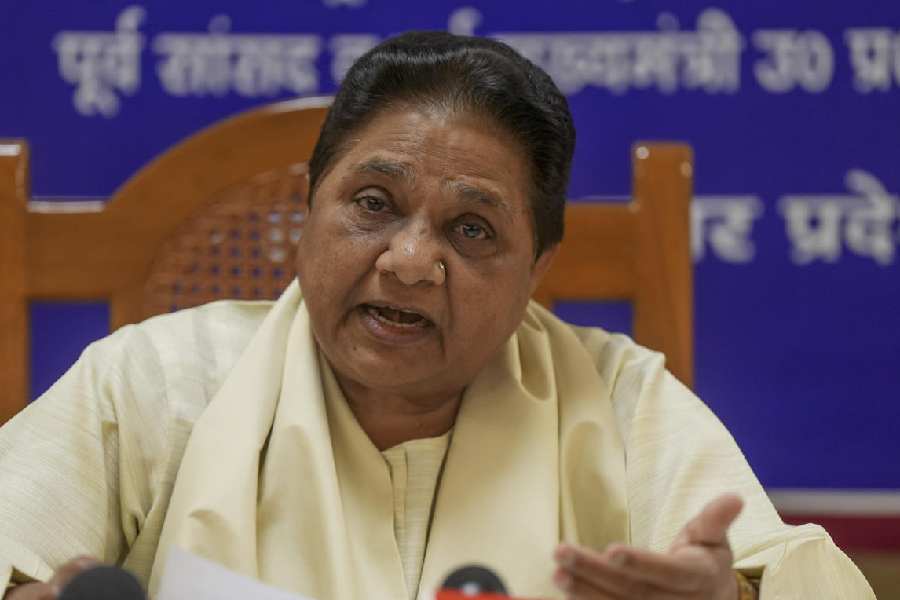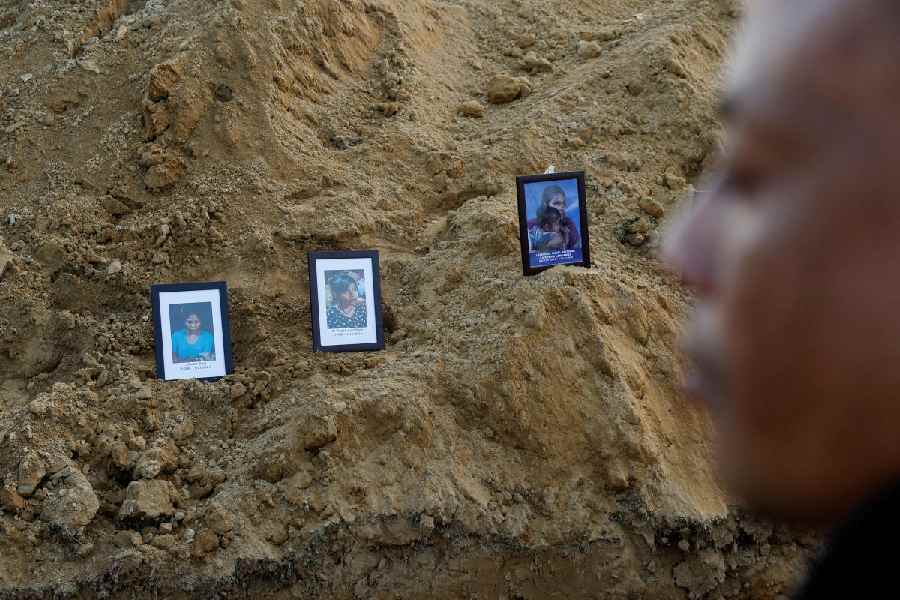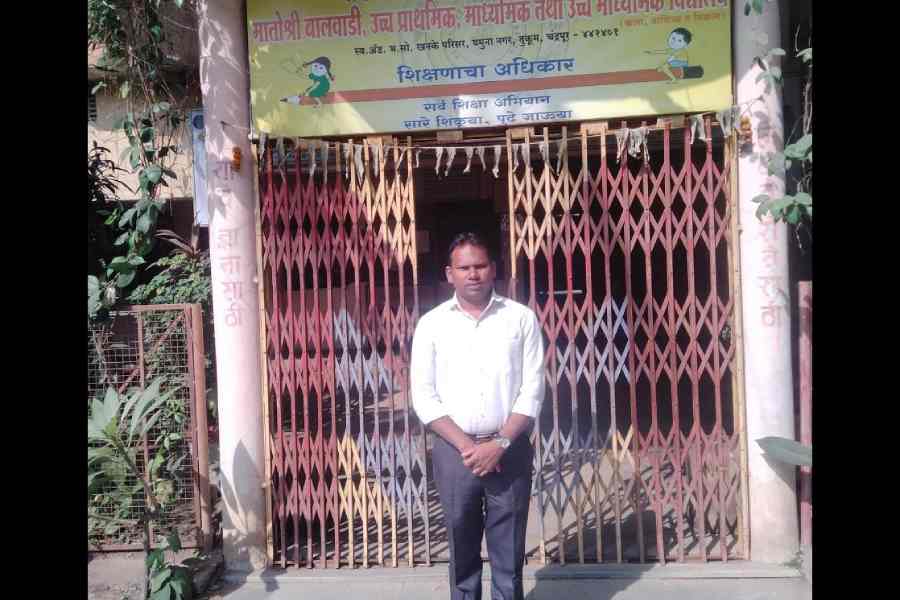The bountiful rains in many parts of India in the first eight days of July have bridged the rainfall deficit for the entire country, according to the India Meteorological Department's (IMD) data. The cumulative rainfall in the monsoon season has reached 243.2 mm, which is 2 per cent above the normal of 239.1 mm.
However, there are large-scale regional variations in rainfall.
While the eastern and northeastern region has recorded a deficiency of 17 per cent (375.3 mm against a normal of 454 mm), north India has witnessed 59 per cent excess rainfall (199.7 mm against a normal of 125.5 per cent), the latest IMD data showed.
Central India, where a large number of farmers rely on monsoonal rains, has recorded 264.9 mm rainfall against a normal of 255.1 mm, an excess of 4 per cent.
The rainfall deficiency in south India has reduced from 45 per cent to 23 per cent.
At the end of June, the cumulative rainfall for the entire country was 148.6 mm, which was 10 per cent below the normal precipitation. However, the recent rains have significantly improved the situation.
The IMD had earlier predicted normal rainfall in July, ranging from 94 to 106 per cent of the long-period average. However, below-normal precipitation is expected in many areas of northwest, northeast and southeast peninsular India.
The incessant rains over northwest India since Saturday have set all-time records at many places.
While Delhi recorded 153 mm rainfall in a 24-hour period ending at 8:30 am on Sunday, the highest in a single day in July since 1982, Chandigarh and Ambala reported record rainfall of 322.2 mm and 224.1 mm respectively.
Many areas in Uttarakhand, Himachal Pradesh, Jammu and Kashmir, Haryana, Uttar Pradesh, Madhya Pradesh, coastal Karnataka and Gujarat have recorded "heavy to very heavy" precipitation.
Except for the headline, this story has not been edited by The Telegraph Online staff and has been published from a syndicated feed.










